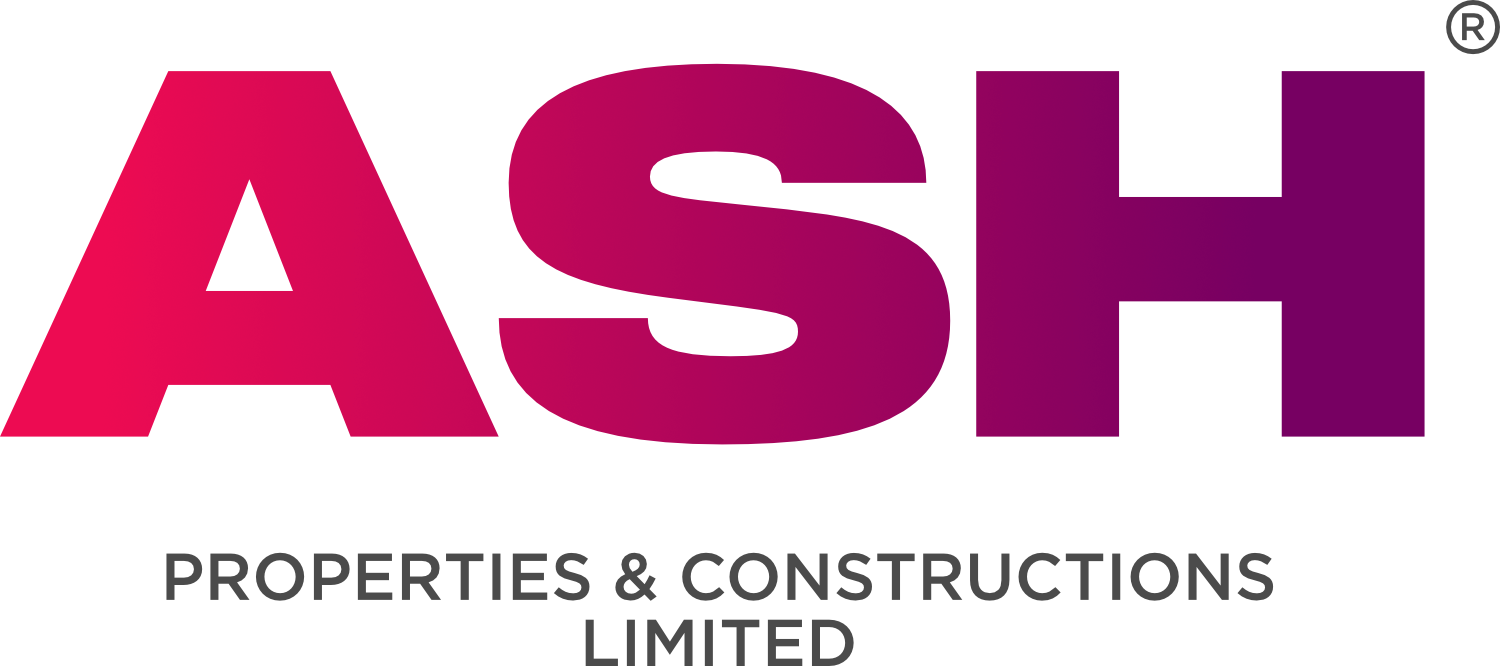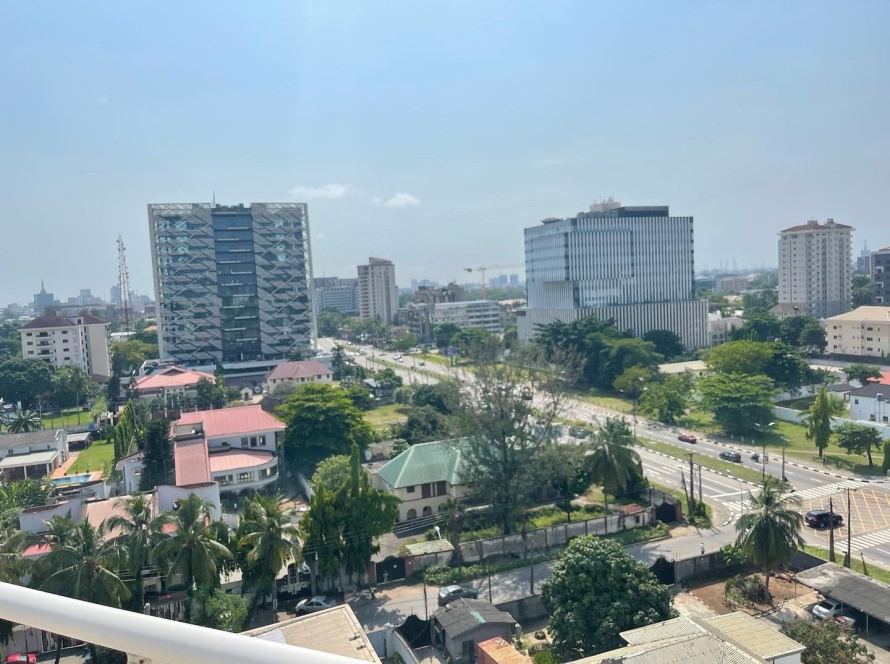Understanding Nigeria’s Economic Crisis and Path to Recovery
Nigeria stands at a crossroads, grappling with an economic crisis that requires both understanding and strategic intervention. To navigate this complex landscape, we must first dissect the underlying issues before proposing viable solutions.
The Major Crisis: Dependency on the USD
Nigeria’s economy is heavily reliant on the US dollar (USD), which ties the fate of our local currency, the naira (NGN), to international market fluctuations. A fundamental principle of economics is that when demand for a product surpasses supply, its value increases. The naira’s persistent depreciation against the USD is symptomatic of greater demand for USD compared to NGN. However, addressing this imbalance superficially will only yield temporary relief and potentially trigger unforeseen negative consequences.
Historically, the Central Bank of Nigeria (CBN) played a crucial role in managing the supply of NGN and creating an artificial demand for it. This intervention kept the naira relatively stable, enabling the government to generate employment through infrastructure projects and ensuring stable internally generated revenue (IGR) as foreign investors could easily repatriate profits. However, with soaring exchange rates, foreign investment dwindled, leading to reduced demand for NGN and prompting several firms to exit the market due to profitability concerns.
Policy Missteps: Addressing Symptoms, Not Causes
The Buhari administration identified several symptoms of Nigeria’s economic challenges but often fell short of addressing the root causes. While efforts were made to cut down fuel subsidies and reduce import dependency on dairy products and automobiles, the core issue—USD dependency—remained largely unaddressed. Nonetheless, one positive stride was the administration’s emphasis on boosting local agriculture.
Agriculture is a vital driver of IGR, independent of direct government intervention. A self-sufficient agricultural sector, catering to a population exceeding 200 million, can significantly elevate demand for the naira. If 80% of our food is produced locally and an average of ₦1000 is spent per person daily on food by 65% of the population, the daily demand for food in Nigeria approximates ₦104 billion. Comparing this figure to the USD required for daily operations reveals a narrowing economic gap.
Infrastructure and Foreign Direct Investment (FDI)
Infrastructure, particularly transportation, remains a significant impediment to FDI. Encouraging foreign firms to establish factories in locations like Sagamu necessitates efficient transport networks to move goods to markets like Orile. The reconstruction of the Lagos-Ibadan Expressway, initiated under the Goodluck Jonathan regime, was a commendable step in fostering industrial growth by enhancing connectivity between Nigeria’s interior and urban centers .
Similarly, the government’s initiative to develop rail networks through Chinese loans exemplifies strategic foresight. Rail transport offers a secure and efficient means of moving goods, ultimately enhancing Nigeria’s attractiveness to foreign investors .
Security Challenges: An Emerging Threat
Security is paramount for any thriving economy. The rise in kidnappings and violence has instilled fear among farmers and investors alike. With many farmers abandoning their lands due to safety concerns, food production declines, increasing reliance on imports and thus exacerbating USD dependency. The ongoing violence, often speculated to be fueled by external forces, poses a substantial deterrent to FDI .
Proposed Solutions
- Controlled Naira Floatation: Temporarily halting the naira’s floatation and artificially bolstering its demand can stabilize the currency while structural reforms take effect.
- Infrastructure Development: Expanding the rail network and constructing new highways will facilitate trade and attract FDI. Investments in transportation infrastructure are pivotal in connecting rural production zones to urban markets .
- Education and Workforce Development: Increasing funding for primary and secondary education, improving teacher remuneration, and providing insurance will enhance human capital development, a critical component of economic growth .
- Government Transparency and Efficiency: Reducing wasteful expenditure and fostering a transparent, inclusive governance framework will build investor confidence. The government must actively support existing businesses, ensuring their sustainability and growth.
- Rule of Law and Institutional Integrity: Upholding the rule of law will reassure both local and foreign investors of Nigeria’s commitment to a stable and fair business environment. Demonstrating that all, including the government, are subject to the law, will enhance Nigeria’s international image and economic prospects.
- Strategic Diplomacy and Promotion: Deploying representatives to actively promote Nigeria as a viable investment destination can attract FDI. These “salespeople” must effectively communicate Nigeria’s economic plans and the benefits of investing in the nation .
In conclusion, Nigeria’s path to economic recovery requires a multifaceted approach, addressing both the symptoms and root causes of its economic malaise. By prioritizing agriculture, infrastructure, security, education, and institutional integrity, Nigeria can redefine its economic trajectory and foster sustainable growth.
References
- Ogundele, B. (2013). “Jonathan Flags Off Lagos-Ibadan Expressway Reconstruction.” Vanguard Nigeria. [Link](https://www.vanguardngr.com/2013/07/jonathan-flags-off-lagos-ibadan-expressway-reconstruction/)
- “Nigeria signs $1.5bn railway deal with China.” BBC News. (https://www.bbc.com/news/world-africa-25241900)
- “Nigeria’s Food Insecurity Crisis.” Al Jazeera. (https://www.aljazeera.com/program/inside-story/2021/4/28/nigerias-food-insecurity-crisis)
- Akinola, O. (2022). “Understanding Nigeria’s Insecurity Challenges.” African Studies Quarterly. (https://asq.africa.ufl.edu/akinola-2022/)
- “Infrastructure Development in Nigeria: Challenges and Opportunities.” Brookings Institution. (https://www.brookings.edu/research/infrastructure-development-in-nigeria-challenges-and-opportunities/)
- “Education in Nigeria: Issues, Challenges, and Prospects.” International Journal of African Higher Education. (https://ejournals.bc.edu/index.php/ijahe/article/view/10564)
- Adeyemi, O. (2023). “Promoting Nigeria as a Destination for FDI.” Nigerian Economic Summit Group. (https://nesgroup.org/blog/promoting-nigeria-as-a-destination-for-foreign-direct-investment)




5 Comments
Nancy
This was a good read! Very well written and insightful! Well done!
Nancy
This was a such read! Very well written and insightful! Well done Charles.
Charles Chijioke-Asher
Thank you Nancy
Anonymous
Beautiful write up.
How I wish our government sees this
You need to write more of this
Good job 👌
Charles Chijioke-Asher
Thank you
The government should listen to the people more, we have ideas that maybe useful to them